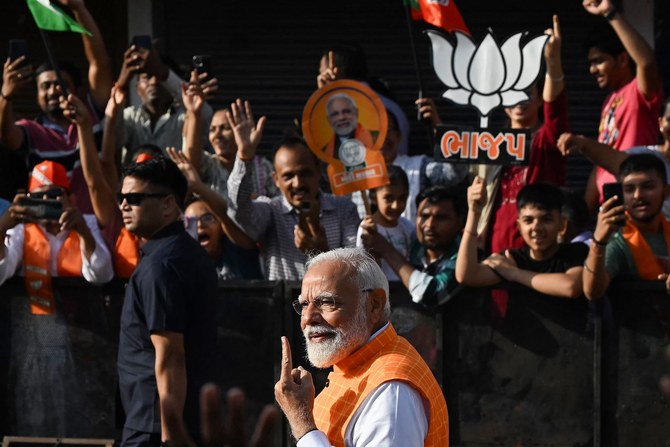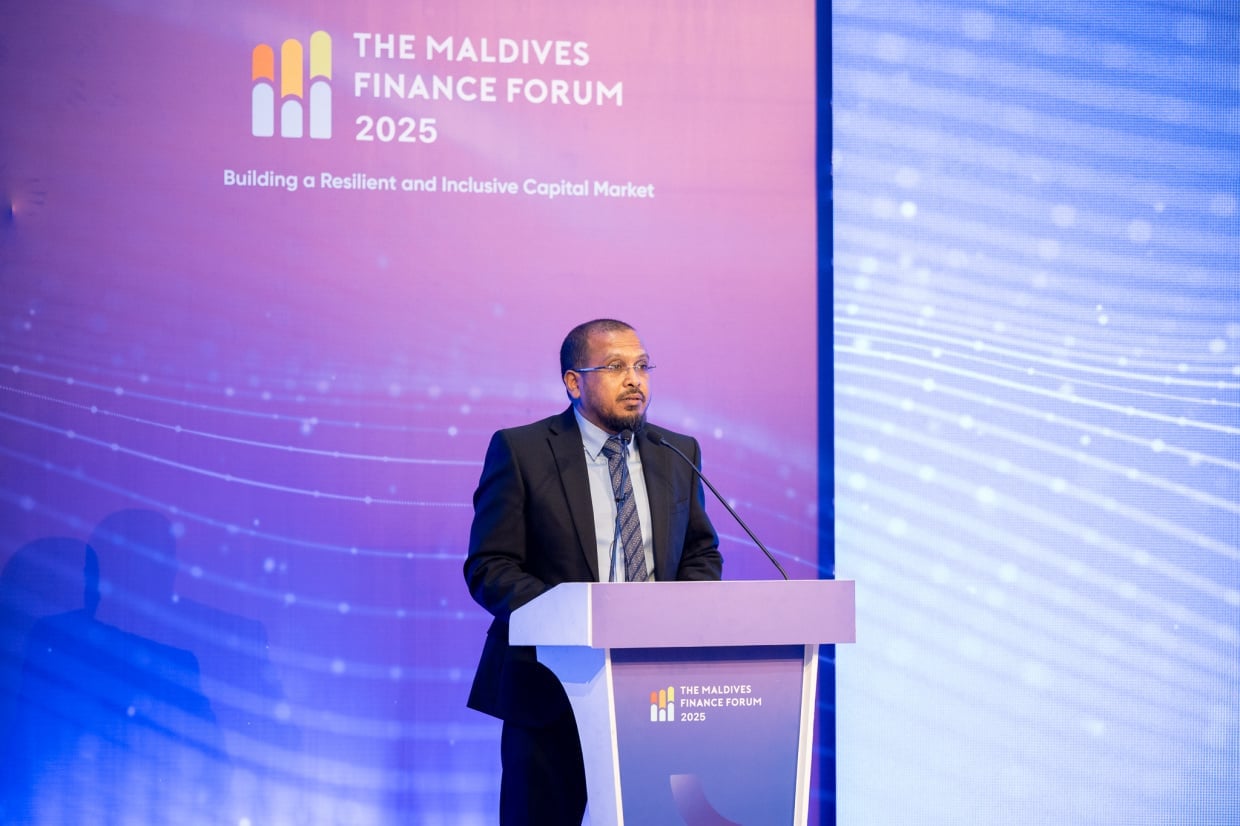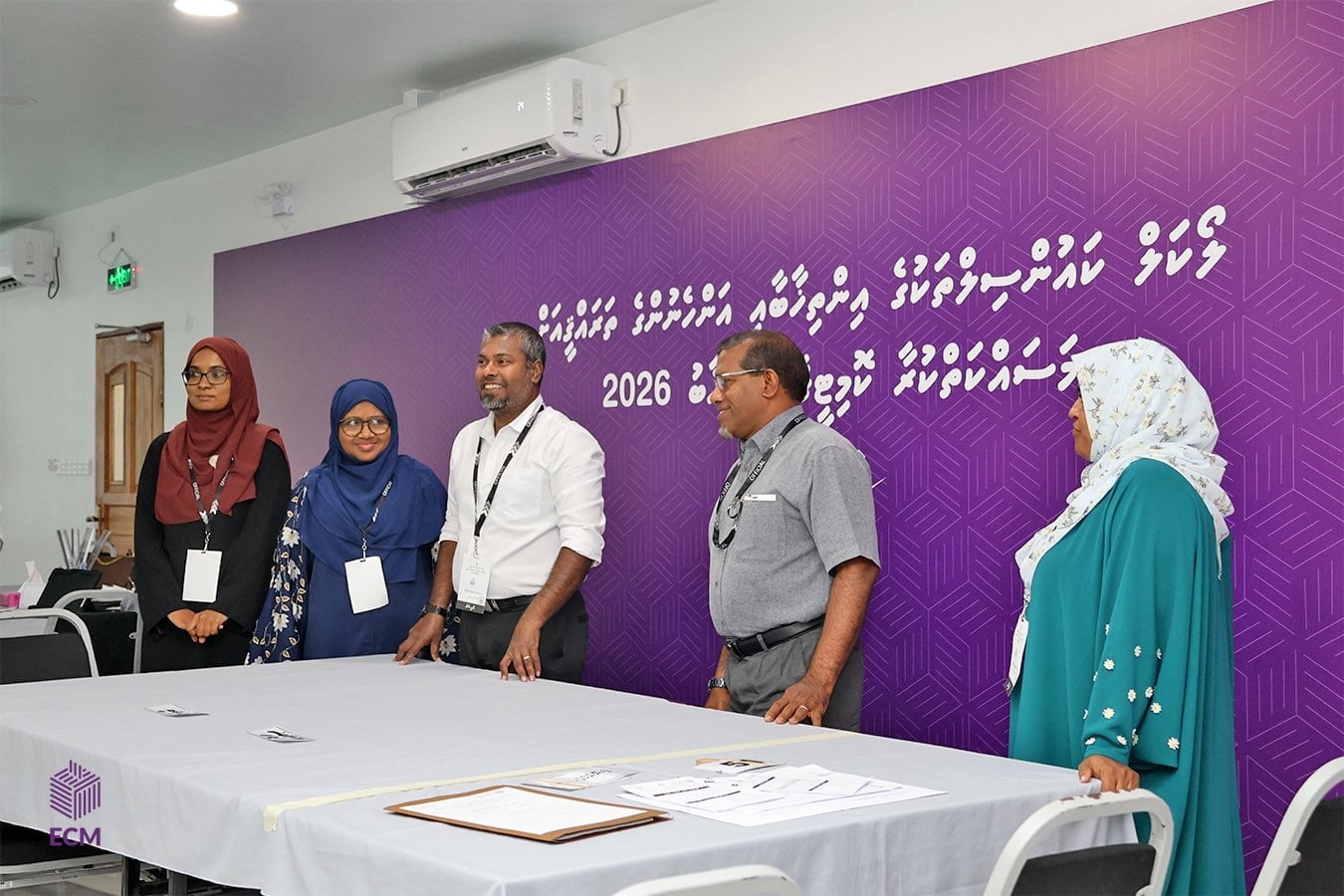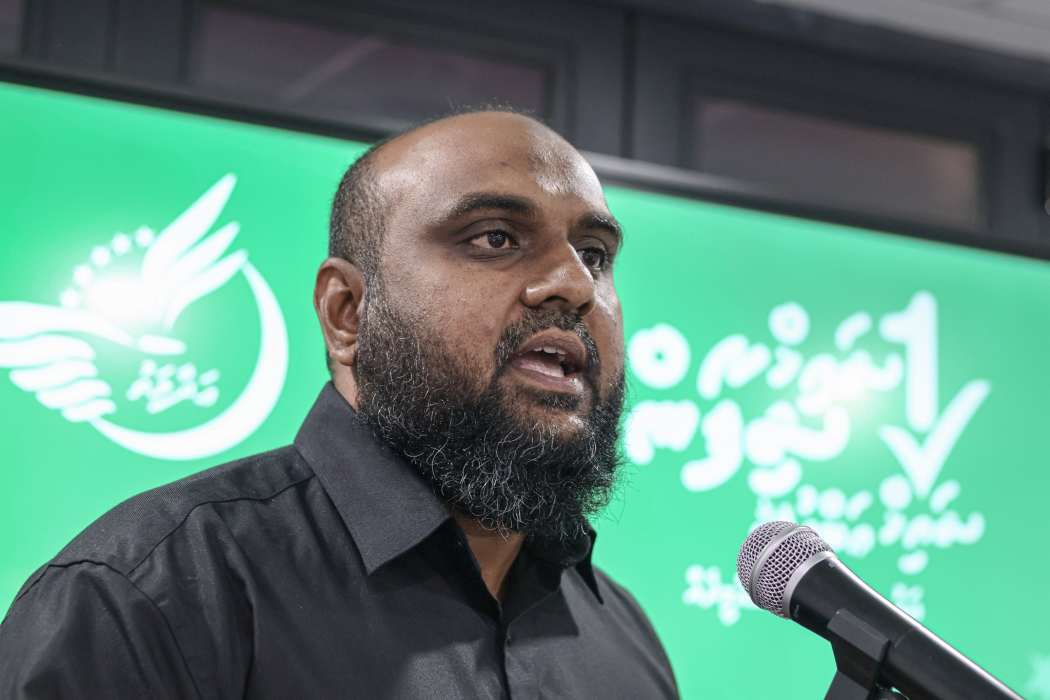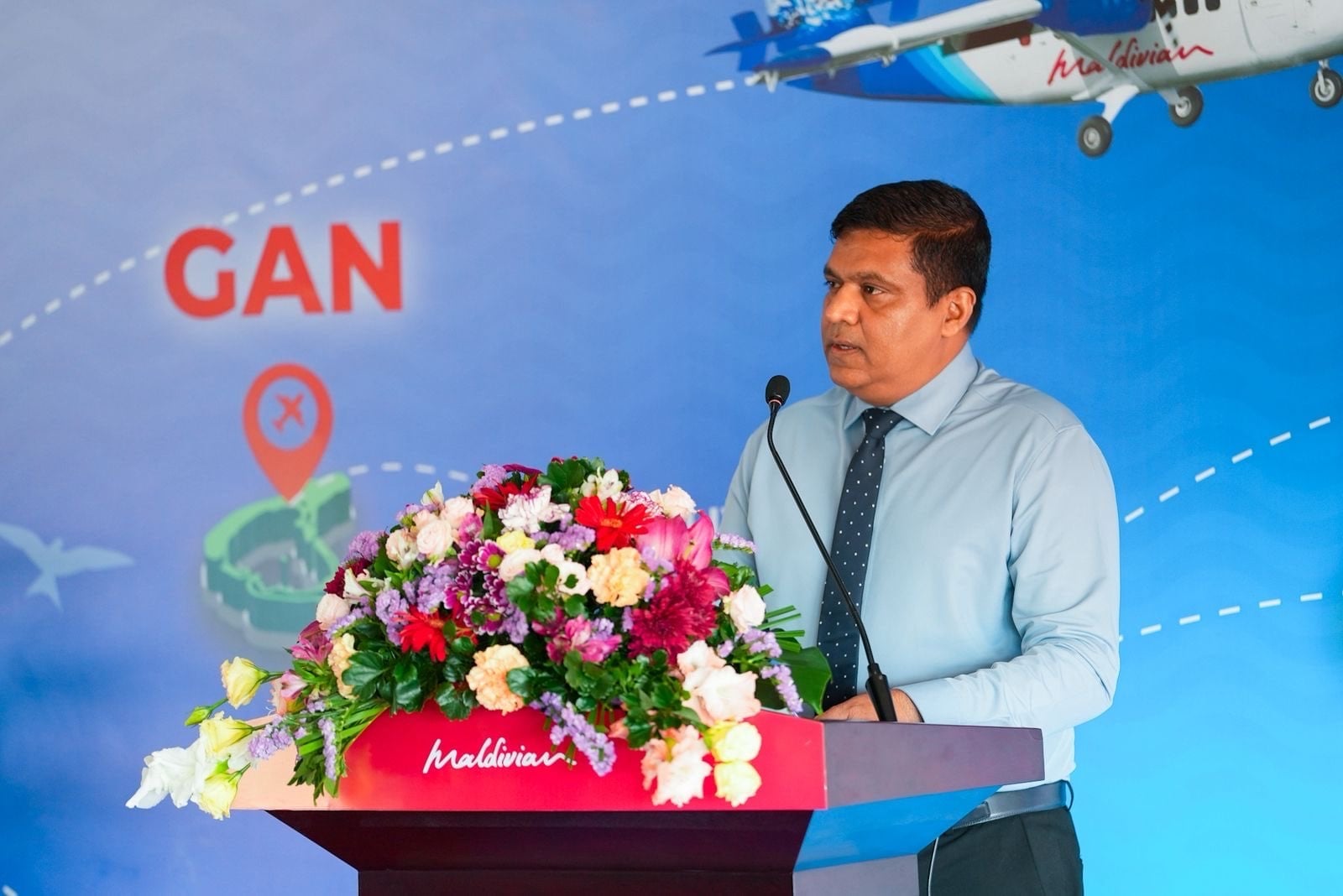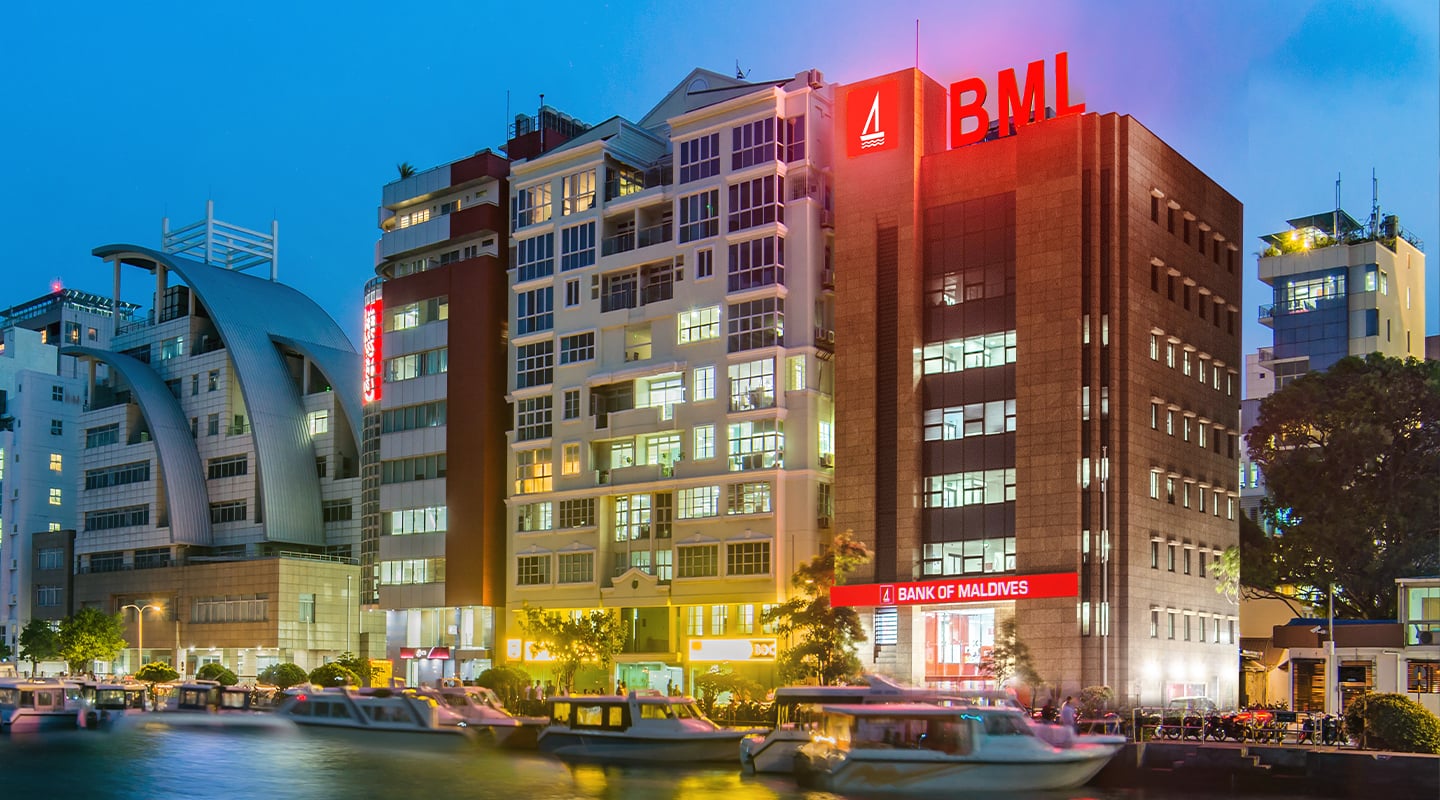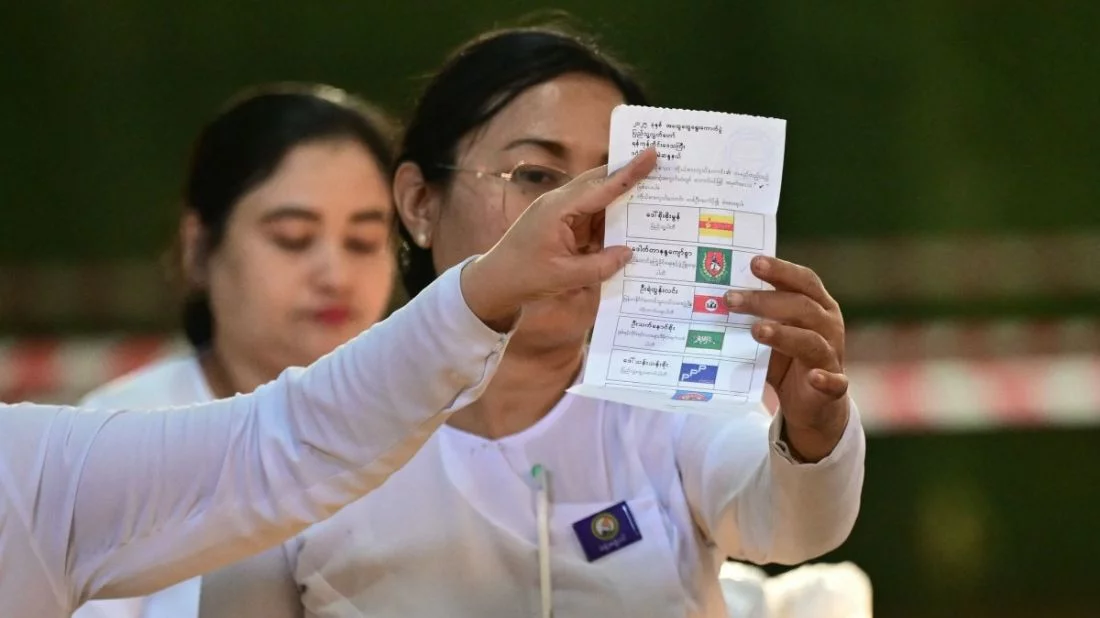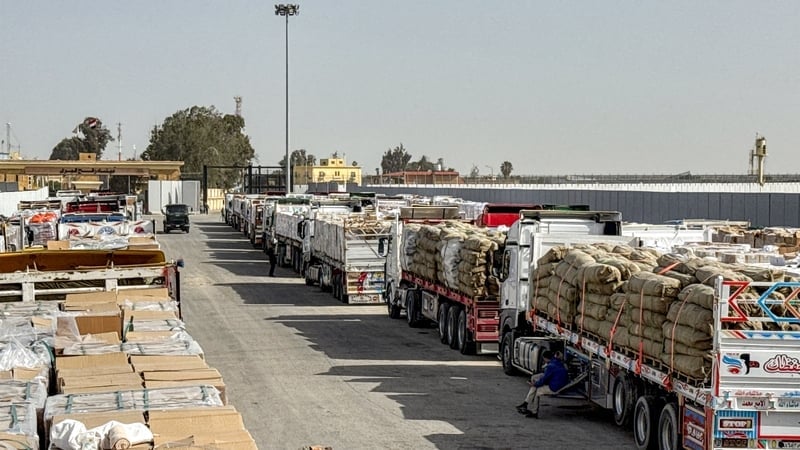As India's mammoth general election reaches its halfway mark, Prime Minister Narendra Modi and his chief opponent Rahul Gandhi have called upon voters to exercise their democratic right on Tuesday, amidst a turnout lower than anticipated.
With over 968 million registered voters, the election is being conducted in seven phases spanning from April 19 to June 1. The first two phases, held on April 19 and April 26 in 190 constituencies, witnessed a turnout of 66.1 percent and 66.7 percent, respectively — approximately 4 percent lower than in 2019.
In the third phase on Tuesday, citizens from 94 constituencies across 12 states cast their ballots, including in Modi's home state of Gujarat.
"Urging all those who are voting in today's phase to vote in record numbers. Their active participation will certainly make the elections more vibrant," remarked the incumbent Prime Minister after casting his ballot.
Modi, eyeing an unprecedented third consecutive term in office, aims to secure 400 seats for the National Democratic Alliance led by his Bharatiya Janata Party (BJP). He faces stiff opposition from the Indian National Developmental Inclusive Alliance (INDIA), spearheaded by the Congress Party.
Rahul Gandhi, the scion of the Nehru-Gandhi political dynasty and leader of the Congress Party, has urged voters to protect democracy and the constitution by exercising their franchise in large numbers.
While surveys indicate a likely victory for Modi's BJP, analysts suggest that his electoral dominance may be waning. Anand K. Sahay, a Delhi-based columnist, highlights concerns over the government's handling of key issues such as unemployment and inflation, noting a focus on majoritarian Hindu sentiment rather than substantive governance.
Apoorvanand Jha, a professor at the University of Delhi, underscores a growing weariness among voters with the BJP's rhetoric, questioning the party's governance record and the perceived invincibility of Modi.
As India navigates through the remaining phases of its general election, the outcome remains uncertain, with the electorate poised to make its voice heard amidst evolving political narratives and shifting public sentiment.
With over 968 million registered voters, the election is being conducted in seven phases spanning from April 19 to June 1. The first two phases, held on April 19 and April 26 in 190 constituencies, witnessed a turnout of 66.1 percent and 66.7 percent, respectively — approximately 4 percent lower than in 2019.
In the third phase on Tuesday, citizens from 94 constituencies across 12 states cast their ballots, including in Modi's home state of Gujarat.
"Urging all those who are voting in today's phase to vote in record numbers. Their active participation will certainly make the elections more vibrant," remarked the incumbent Prime Minister after casting his ballot.
Modi, eyeing an unprecedented third consecutive term in office, aims to secure 400 seats for the National Democratic Alliance led by his Bharatiya Janata Party (BJP). He faces stiff opposition from the Indian National Developmental Inclusive Alliance (INDIA), spearheaded by the Congress Party.
Rahul Gandhi, the scion of the Nehru-Gandhi political dynasty and leader of the Congress Party, has urged voters to protect democracy and the constitution by exercising their franchise in large numbers.
While surveys indicate a likely victory for Modi's BJP, analysts suggest that his electoral dominance may be waning. Anand K. Sahay, a Delhi-based columnist, highlights concerns over the government's handling of key issues such as unemployment and inflation, noting a focus on majoritarian Hindu sentiment rather than substantive governance.
Apoorvanand Jha, a professor at the University of Delhi, underscores a growing weariness among voters with the BJP's rhetoric, questioning the party's governance record and the perceived invincibility of Modi.
As India navigates through the remaining phases of its general election, the outcome remains uncertain, with the electorate poised to make its voice heard amidst evolving political narratives and shifting public sentiment.



